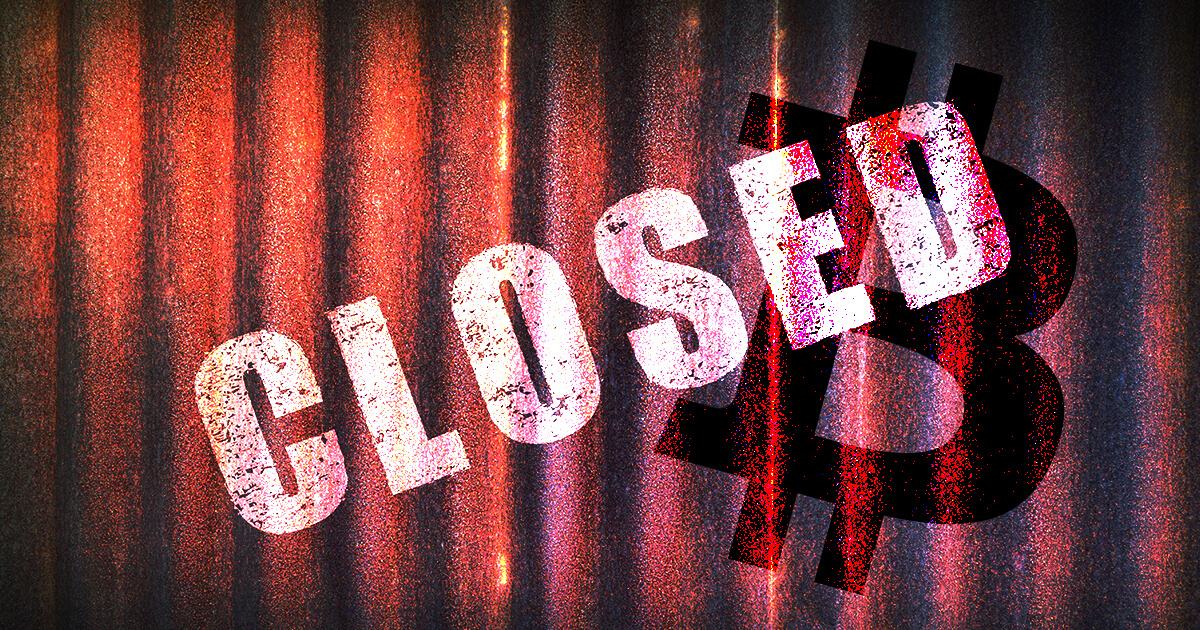This article caught my eye:
In 2014, Oregon voters approved a ballot measure legalizing recreational marijuana after being told it would eliminate problems caused by “uncontrolled manufacture” of the drug. Illegal production of marijuana has instead exploded.
There is a simple way to get rid of the problem of illegally grown marijuana. Legalize it.
Some states have placed so many restrictions on the legal production of marijuana that it is actually cheaper to grow pot illegally. That defeats the purpose of legalization. No state is perfect, but Oklahoma probably has the least bad regulatory regime.
You might assume that the problem is high taxes on marijuana. But that doesn’t seem to be the case. Cigarette taxes are often even higher than taxes on marijuana, and yet the illegal production of tobacco is much less of a problem. Unlike with marijuana, banks are allowed to do business with cigarette producers and retailers. There is broad bipartisan support in Congress for fixing this issue:
The House has approved cannabis banking reform more than half a dozen times, including an April 2021 vote in which the SAFE Banking Act attracted the support of 215 Democrats and 106 Republicans. The Senate version has 42 co-sponsors, including nine Republicans.
But that doesn’t mean much, as Congress is not an institution that makes decisions based on majority vote:
Senate Majority Leader Chuck Schumer (D–N.Y.) this week blamed Republicans for preventing Congress from approving marijuana banking reform by opposing its inclusion in the omnibus spending bill that was unveiled on Tuesday. That was a pretty audacious excuse, since Schumer himself has a history of blocking the SAFE Banking Act, which would make it easier for state-licensed marijuana businesses to access financial services by removing the threat of civil, criminal, and regulatory penalties for banks that assist the cannabis industry.
Sen. Tom Cotton (R–Ark.) displayed a different kind of chutzpah yesterday when he single-handedly stopped the Senate from considering the EQUAL Act, which would eliminate the irrational penal distinction between the smoked and snorted versions of cocaine.
Note that penalties on smoked forms of cocaine are higher than for snorted cocaine, because the former is disproportionately consumed by African-Americans.















